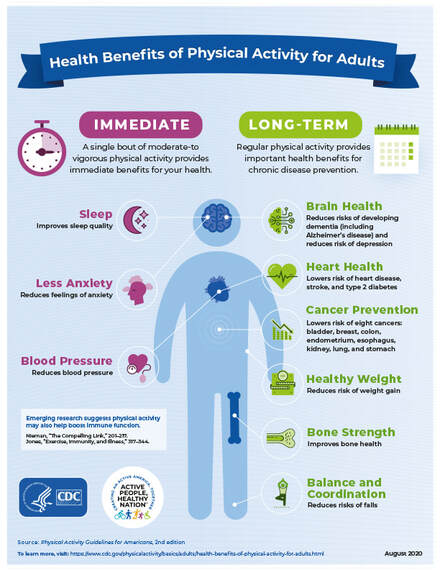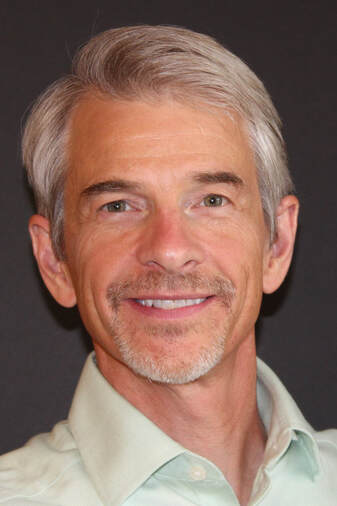|
The weather is crisp and the foliage is at it's peak so let's get outdoors!
Go apple picking. Nothing better than picking your own apple right off the tree. Now that is fresh! Grab family and friends and find your way around one of the many corn mazes in Northern Colorado. Find the perfect pumpkin at a local farm. Pumpkin picking isn't just for the kids. Take a leaf peeking road trip to a trail to enjoy a brisk walk or hike in the beautiful colors. Plant those bulbs in your garden for next spring. Take a bike ride. Head to a Farmer's Market for some winter squash or other fresh veggies. Try out a new healthy recipe. First of all, have a good time. You did not attend the event to lose weight, you went to have fun. It's great if you can stick to your usual healthy nutrition, but if that doesn't happen it is ok. Don't be hard on yourself if things don't go as you expected. Set your focus on the relationships, not the food. It's the people you went to see. Avoid leftovers. If the host suggest you take food home, it's ok to say "no thank you". If you are the host, be ok with throwing food away. It's better for leftovers to go to waste than to go to your waist. Immediately return to your healthy lifestyle and make being active during this busy time of year a priority. Above all else, truly enjoy spending time with family and friends. Here are a few tips to help keep you on track with your weight loss goals.
1. Wait until Oct 31st to buy trick-or-treat candy. 2. Give out the candy you like the least. 3. Give it all away. Summer is packed with vacations, social events, and plenty of other distracting activities that make it hard to stick to a routine. As you return to school or work and events wind down, fall offers a different, slower pace that can help keep your physical activity routine on track.
Compared to the other seasons, fall offers the best weather for exercising in the great outdoors! The blazing summer sun can leave you dripping with sweat after only a few minutes of activity. During fall, the cool breeze and light temperatures make outdoor exercise more comfortable. Be sure to take a few minutes to enjoy the scenery. Perfect Weather for Outdoor Exercise
Just because the weather is cooler doesn’t mean you don’t need to hydrate and be sure to dress for the weather. It’s important to make exercising part of your daily routine and not just during a certain season. Fall is the best time to try something new. Now get outdoors and have some fun.  We have all heard that expression before but most of us when asked can't recall what we drink. Drinking high calorie beverages can have you adding excess calories quickly. These indulgent drinks are packed with sugars, carbohydrates and calories. Starbucks Caramel Frappuccino
Venti 24oz Calories 470 Carbohydrates 73g Sugars 72g Dunkin Caramel Craze Medium 24oz Calories 410 Carbohydrates 61g Sugars 57g  Women with excess weight have a higher risk of cancer in the uterus (endometrial cancer) An increase of 25-30 pounds nearly doubles the risk of cancer in the uterus. The increase in body fat causes changes to many hormones, including estrogen and insulin. The hormone changes are believed to trigger the cancer. These changes are even more dramatic after menopause. https://www.medicalnewstoday.com/articles/hormones-may-explain-link-between-excess-weight-and-endometrial-cancer The more daily steps you take, the longer you live. It doesn't take a lot of steps to make a difference. The risk of death (from any cause) is cut in HALF by increasing steps from 4000 to 8000 daily. That's not much work and a whole lot of benefit. What are you waiting for? Get up and go!
https://jamanetwork.com/journals/jama/fullarticle/2763292 Cutting 20 percent of sugar from packaged foods and 40 percent from beverages could prevent 2.48 million cardiovascular disease events (such as strokes, heart attacks, cardiac arrests), 490,000 cardiovascular deaths and 750,000 diabetes cases in the U.S. over the lifetime of the adult population, reports a study published in Circulation.
https://news.harvard.edu/gazette/story/2021/08/study-reducing-sugar-in-packaged-foods-could-reduce-disease/
|
MMSMedical Metabolic Specialists, located in Fort Collins, Colorado, is dedicated to using the latest scientific techniques to create a comprehensive, individualized. lifelong weight management program to improve your overall health. Archives
October 2023
Categories
All
|










 RSS Feed
RSS Feed